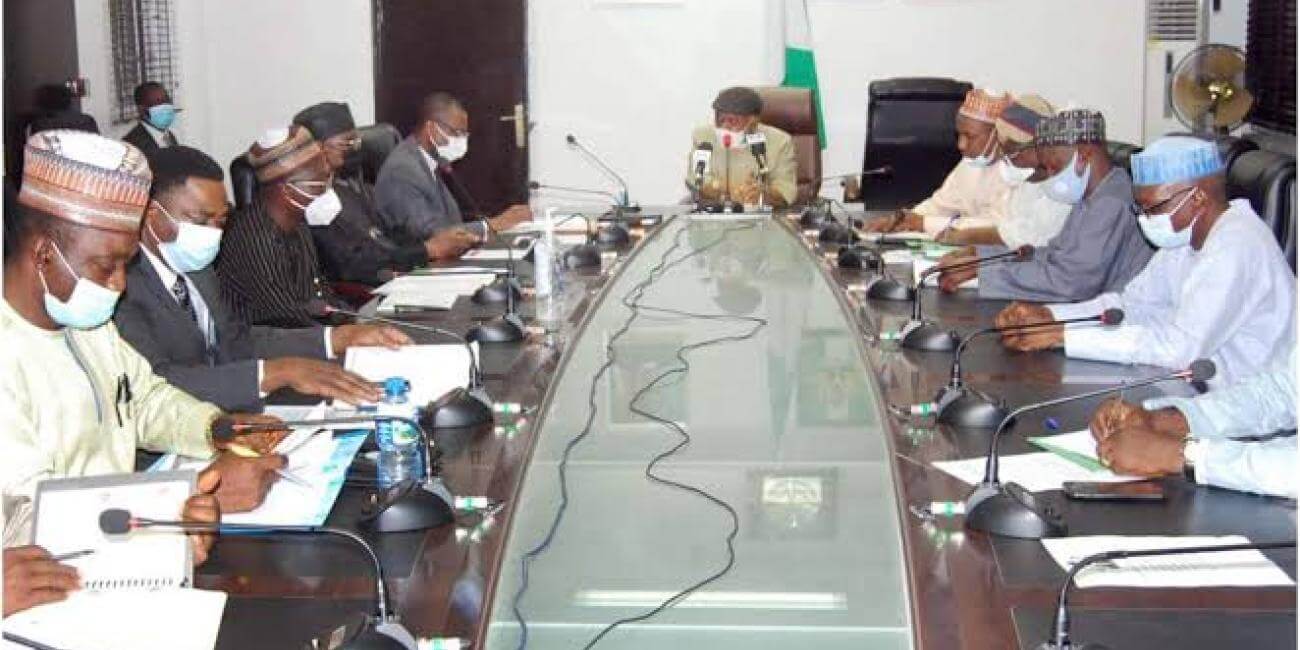Experts in the education sector faulted members of the Academic Staff Union of Universities for their stance on “no pay, no work”, saying the ASUU position is not known in labor laws and lacks logic.
Reacting to the widely publicized statement by the President of ASUU, Professor Emmanuel Osodeke, some experts in the education sector said that ASUU should understand that work comes before pay and not the other way around.
Osodeke while reacting to the ruling by the Minister of Education, Malam Adamu Adamu, that the six months salaries of the lecturers were withheld in line with the no work no pay policy of the Federal Government. In response, Osodeke said ASUU will also implement no-pay-no-work.
Executive Director, Education Rights Initiative, Dr Joseph Udah, who accused the leadership of ASUU of playing the Ostrich when the future of students is at stake, said there is no suitable name that can give anyone the money ASUU is asking for not.
“You can’t call it salary,” said one of the professors who spoke to the Tribune Online on condition of anonymity, adding that salary by any definition is payment for work done. “Anything but this is fraudulent and amounts to primitive accumulation”.
On ASUU’s stand that they can make up for the lost period, Udah said it was less than worthy.
He explained that all public universities lost a full academic year to the strike in 2020 before the current industrial action that started on February 14, 2022, and ASUU never got it back.
“In the next one month, the public universities will lose yet another academic calendar.”
That the Nation has “irreversibly lost two years of its academic calendar is a fact we must all contend with. For the past two years, no student in any public university participated in the National Youth Service Corps scheme due to ASUU strikes. The Joint Admissions and Matriculation Board, Jamb, has a backlog of admissions for three years and counting.
“We want Nigerians to understand that this is what the government went through at the hands of ASUU, who blatantly lied and want everyone to believe them,” one of the analysts insisted.
We appeal to all Nigerians to understand that the action of the government on no work, no pay is strictly within the law and that the position of ASUU is not only misleading but lacking in law and logic .
A columnist, Farooq A. Kperogi, a Nigerian-American professor, also said he supported ASUU and its mission to save the Nigerian university system from total decay, admitting that it was for the tenacity and often painful sacrifices of its members, there would be no university system to speak of today.
“But I think ASUU is now stepping outside the bounds of reason and fairness by insisting that it should always be paid for the period it is on strike. By doing so, it proclaims to be above the law.
“The continuation of this strike is no longer justified. Now that’s cruelty, hostage-taking and emotional blackmail rolled into one. I hope that enough ASUU members realize this and prevail upon each other to call off this strike for the sake of students—and ASUU’s own reputational capital.
“It would be compassionate if the government would pay ASUU members for the period they went on strike, but the government has no legal obligation to do so. Section 43 of the Trade Disputes Act is unequivocal in insisting that striking workers are not entitled to their normal remuneration for the period they stop working,” said Kperogi.
Most stakeholders are beginning to question the involvement of ASUU in matters of Infrastructure Development which is the responsibility of the Management of universities and not a trade union. The primary responsibility of a Trade Union is the welfare of its members and not infrastructure development.
On Integrated Staff Payroll and Information System (IPPIS), a professor in one of the tertiary institutions who does want her name in print said since all other staff have accepted the IPPIS, it will amount to the tyranny of a minority over the majority of workers if the government accepts universities transparency and accountability solution (UTAS). Once you do that, everyone else is free to come up with their payment platform.
Regarding Academic Earned Allowance, the professor said the scheme would run for just ten years as per the 2009 FGN/ASUU agreement, during which all universities would have engaged the best of their brains in each department over the period, thus solving the problem . of excess workload.
“It is not logical to talk about earned allowance twenty years after the agreement”.
The professor said; “In summary, ASUU is a busy body on issues of infrastructural development. On IPPIS, ASUU plays the tyranny of a minority on civil servants who are all on IPPIS.”





